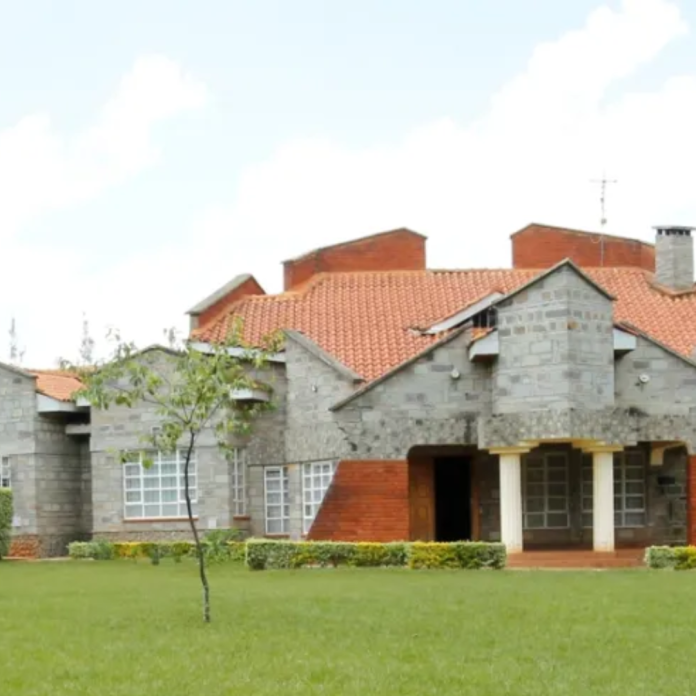A man armed with a machete attacked the country home of Kenya’s deputy president and injured a guard before holing himself up in an outbuilding, police said on Saturday, 10 days before the presidential and legislative elections.
Deputy President William Ruto was out with his family at the time of the attack in the town of Eldoret, about 312 km northwest of the capital Nairobi. Ruto was the running mate of President Uhuru Kenyatta, who was seeking a second and final term in office in the August 8, 2017, elections.
“In circumstances that were unclear, he hit an officer on duty with a machete and managed to enter a farm complex,” Inspector General of Police Joseph Boinnet said in a statement, adding that officers were still trying to arrest the assailant.
“The injured officer underwent treatment and was in stable condition,” Boinnet said, adding that Ruto’s house was secure.
“Other officers were quickly mobilized, and the intruder was forced to hide at a building under construction next to the gate,” Boinnet said. Local television stations had reported earlier that gunmen were behind the attack on Ruto’s home, with NTV News and KTN News reporting gunshots at the scene. Typically, the deputy president’s residence was guarded by an elite paramilitary police unit. A spokesman for Ruto declined to comment, but the security official said the vice president had left the house shortly before the attack to attend a rally alongside President Uhuru Kenyatta, his running mate, who faced a tight re-election contest on August 8 against longtime opposition leader Raila Odinga.
Ruto’s home was located in Kenya’s western Rift Valley area, a flashpoint for an outbreak of election violence after the disputed 2007 polls that killed 1,100 people and tarnished Kenya’s image as a regional beacon of safety and stability.
According to opinion polls, the 2017 election was expected to be close, and tensions were rising.
Odinga repeatedly claimed the government was scheming to steal the election, while Kenyatta accused Odinga of trying to delay the polls.
Earlier in 2017, Human Rights Watch reported receiving threats and voter intimidation reports from Naivasha, a flashpoint town in 2007 and one of the potential hotspots in that year’s election. In the Rift Valley, hate speech flyers had been circulating, and some local residents had already left their homes.
The 2007 bloodshed haunted both Ruto and Kenyatta long after it ended, when the International Criminal Court put both on trial for orchestrating the violence.
Those charges were later dropped, with ICC chief prosecutor Fatou Bensouda blaming a relentless campaign of victim intimidation for making a trial impossible.
By Aljazeera


